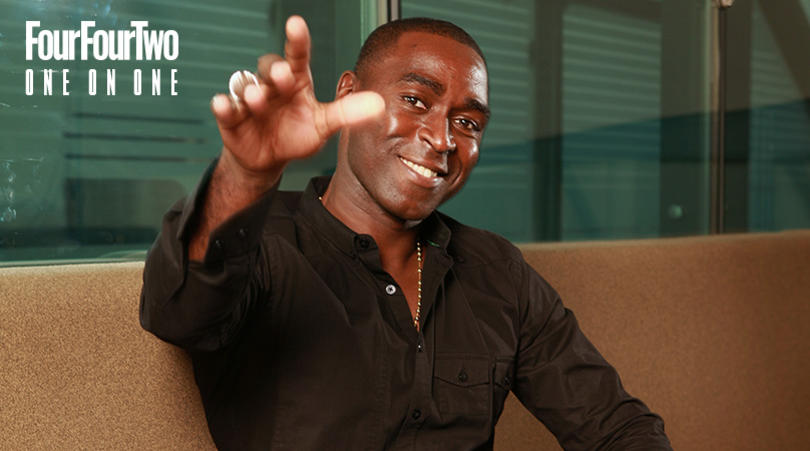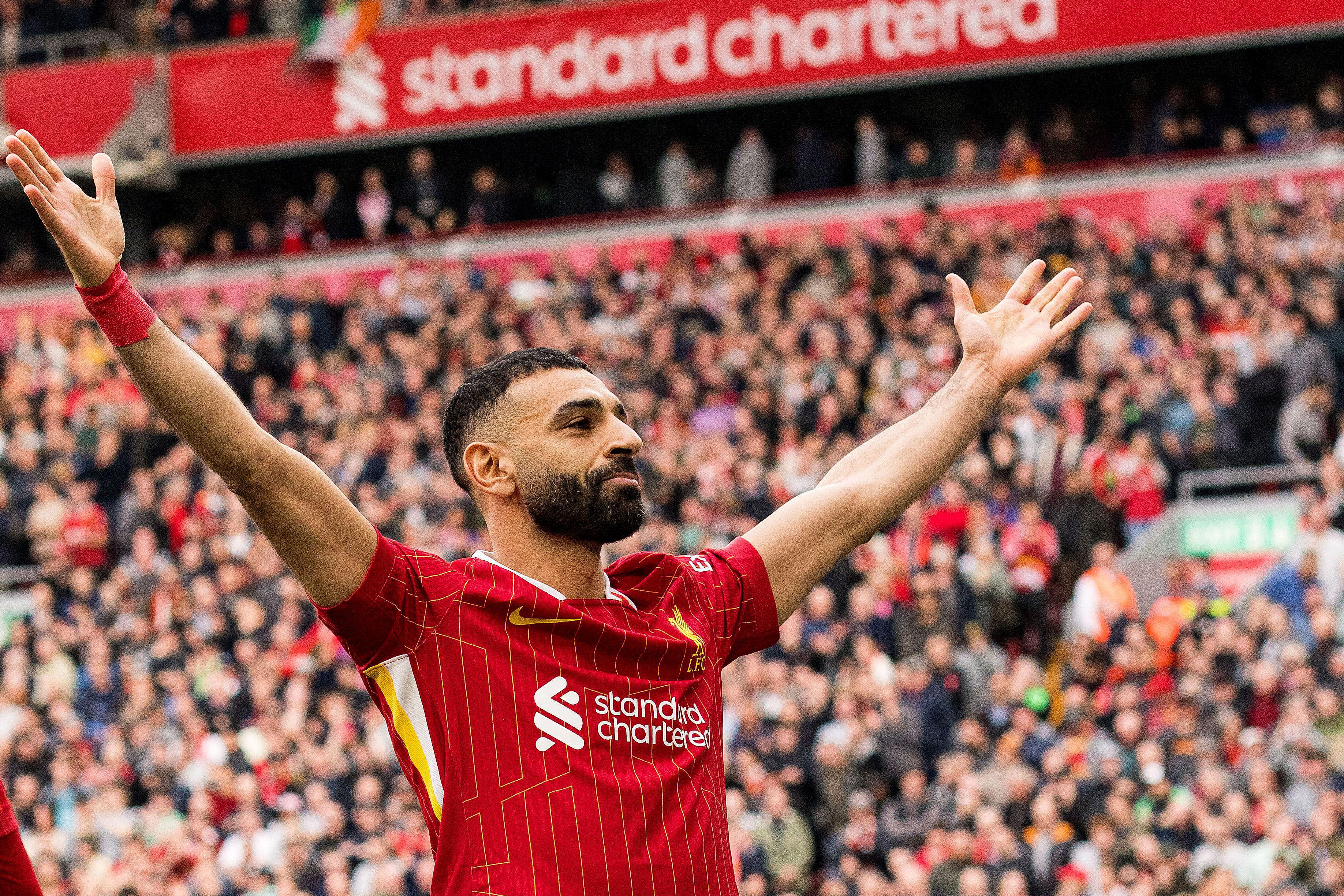Greatest individual seasons: Andy Cole brings the goals to Newcastle (1993/94)
We kick off our series looking back at the greatest ever individual seasons in Premier League history with Andy Cole's exceptional 1993/94 campaign – as told by Louis Massarella
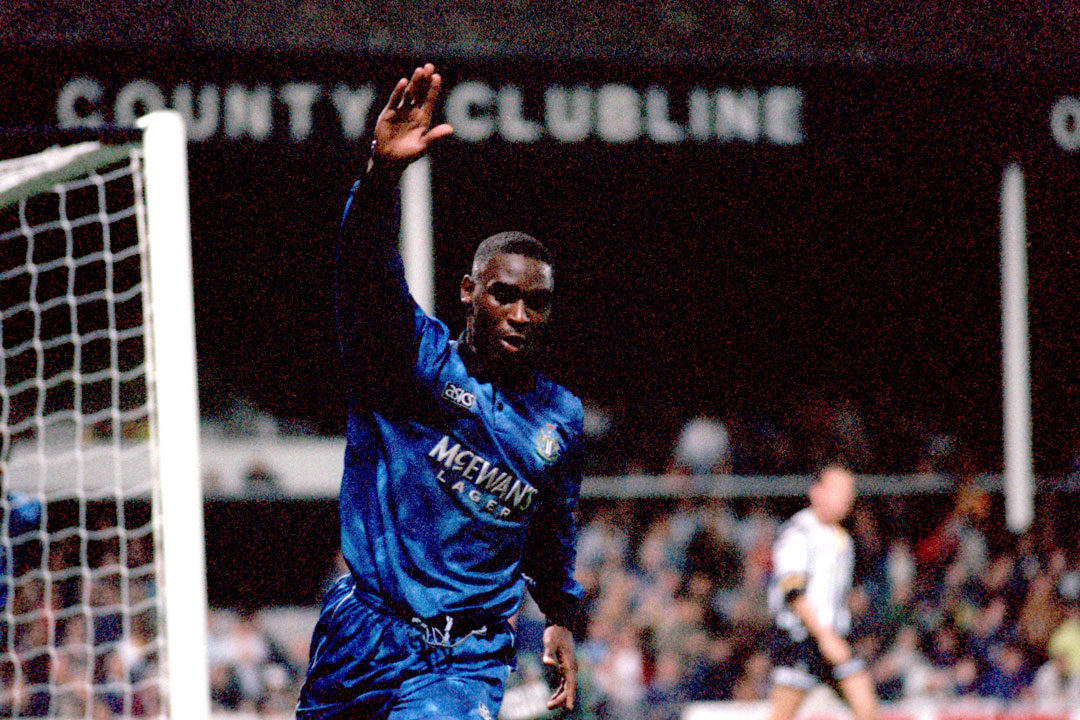
June 1993. And Kevin Keegan, it seemed, knew something the rest of us didn’t. “If everyone gives him a chance, Andy Cole could be the answer to our dreams in this country,” purred the Newcastle manager.
True, King Keggy was prone to hyperbole, but had England not made a mess of World Cup qualification it’s conceivable that by the time Graham Taylor’s squad arrived in the USA, they would have possessed a striker in such hot form that anything would have been possible.
Whether he would have been picked is another matter entirely, though: Cole didn’t make his full England debut until March 1995, two months after his shock £7 million move to Manchester United. By then, the Toon Army must have wondered whether what had gone before was all a dream.
If everyone gives him a chance, Andy Cole could be the answer to our dreams in this country
Goal machine
Keegan’s prophecy came off the back of Newcastle’s promotion to the Premier League, which was assured after Cole fired 12 goals from as many league games following a February move from Bristol City. Once the season had ended, Keegan invited his young striker into his office and told him: “I’m going to sign a player just for you.”
That player was Peter Beardsley, who at £1.5m was considered too expensive for a 32-year-old by the Newcastle board, but returned to his hometown club nevertheless. By the time the England linkman saw competitive action – his debut having been delayed by an elbow he received from Neil Ruddock against Liverpool in pre-season – Cole was up and running with five top-flight goals.
But the partnership took both players’ scoring stats to a level neither would ever better.
Get FourFourTwo Newsletter
The best features, fun and footballing quizzes, straight to your inbox every week.
Lest we forget, Beardsley bagged 21 times in 1993/94 as Newcastle finished third, but it was Nottingham-born forward Cole who rightly grabbed the headlines with his explosive pace, elusive movement and unerring finishing.
Admittedly, these were different times. Lone strikers were rarely deployed – the partnership accounted for 68% of Newcastle’s goals – but Cole’s haul of 34 league strikes was staggering nevertheless, especially when you consider he wasn’t Newcastle’s penalty taker and was backed by a midfield that was functional rather than flair-filled.
“When Andy’s playing you can hit the pass blind know he’ll be there,” said one of those unsung heroes, Scott Sellars, who would ultimately be replaced by David Ginola. Keegan, meanwhile, called 22-year-old Cole “the country’s most exciting player”, comparing him to Newcastle’s greatest No.9 up to that point, Jackie Milburn.
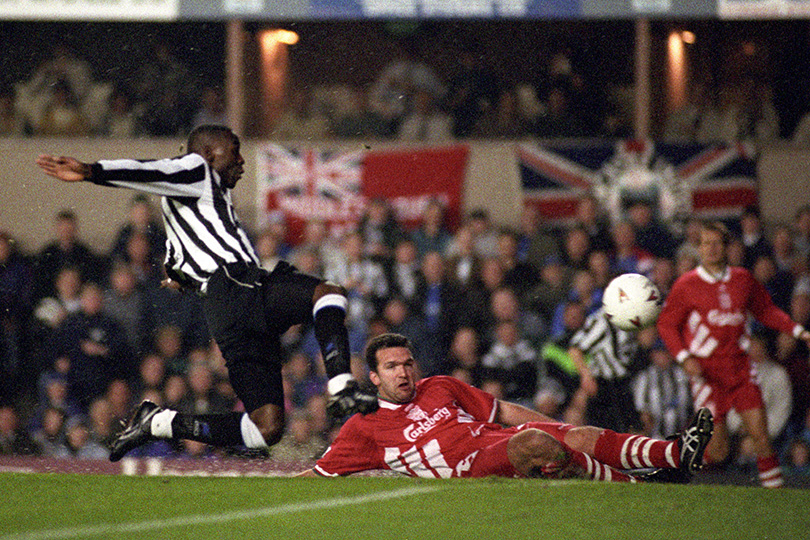
Unlikely hero
But aside from the fact that he wasn’t a centre-forward in the traditional St James’ Park mould – although he did have a sinewy strength that belied his slight frame – there was another notable difference between Cole and previous Gallowgate End legends. “If you'd said 10 years ago that the hero of the Toon Army would be a black lad, you would probably have got some pretty strange looks,” explained Newcastle fanzine The Mag, perhaps recalling another striker, Tony Cunningham, who was cruelly nicknamed ‘Blackie Milburn’ less than a decade earlier.
If you'd said 10 years ago that the hero of the Toon Army would be a black lad, you would probably have got some pretty strange looks
“However, the impact that Andy Cole has had on Newcastle is startling. He’s educated anybody who is still living in the past… anybody who now thinks we would be better off without black players… with his devastating pace and his eye for goal.”
Indeed, Cole received nothing but adoration from the Geordie public (although some of his family had received racial abuse on visiting him). But he wasn’t entirely happy with his lot on Tyneside. “All people want to do around here is talk football, football, football,” he said at the time, reiterating the point to FourFourTwo many years later. “I can’t do that, I have to get away from it.”
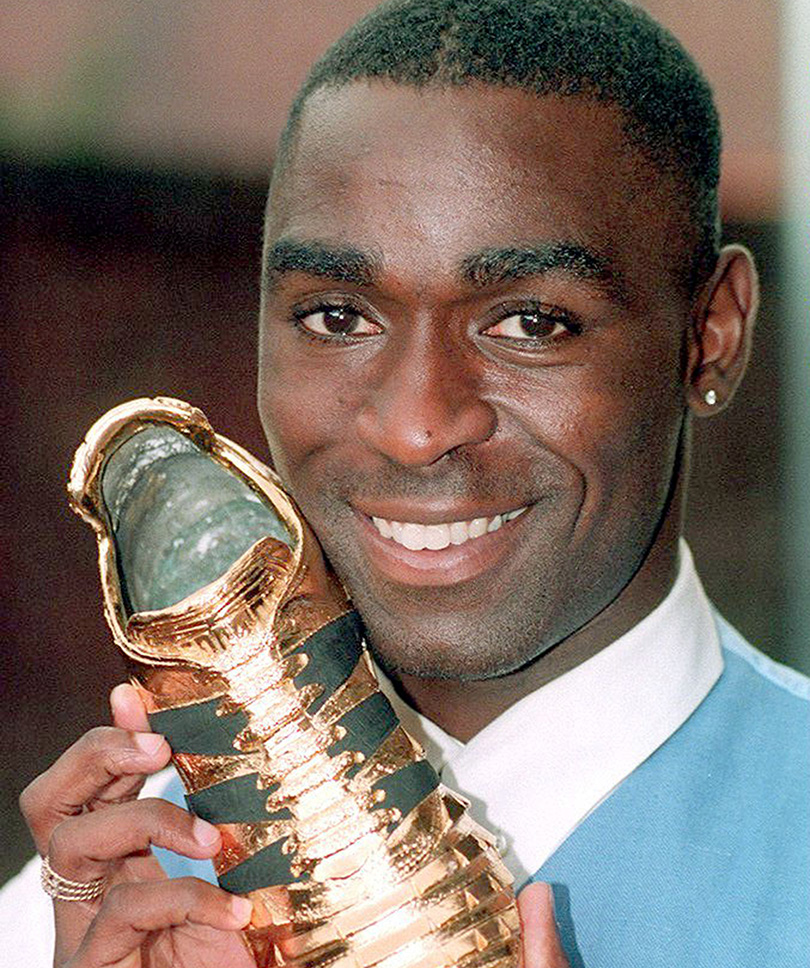
Sooner and more permanently than anybody had expected, as it turned out. While the goals continued to flow – and every type of goal, too – Cole and Keegan were never exactly bosom buddies. The striker, who delayed a meeting with his would-be manager so he could do his laundry before he joined from Bristol City, was dropped for a League Cup game in October 1993 after a training ground argument between the two.
A year later, and having picked up the PFA Young Player of the Year award, Cole was still banging in the goals – 15 in 18 games in the 1994/95 season before a nine-game scoring drought that, in hindsight, suggested all was not well.
“I loved my football at Newcastle, but I felt trapped,” Cole told FFT. The club were only too willing to cash in, and Keegan memorably had to explain the sale to irate fans on the steps of St James’ Park.
Cole never did become the answer to England’s dreams, scoring just once in 15 games despite a stellar career at Old Trafford. If an English striker scored 41 goals in all competitions this season, though, it’s safe to assume he’d get the chance to prove he could be.
